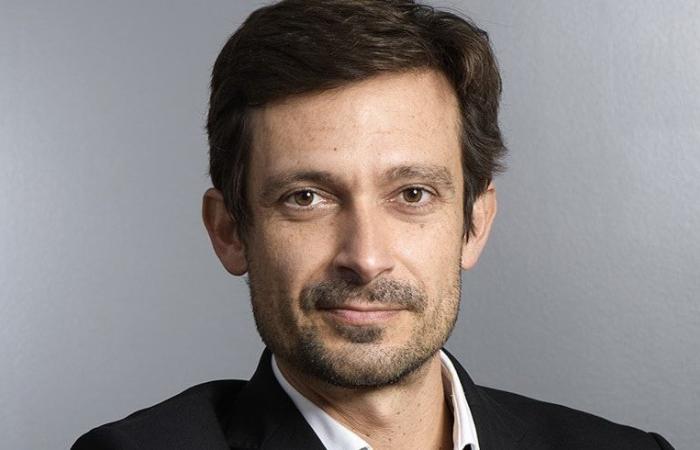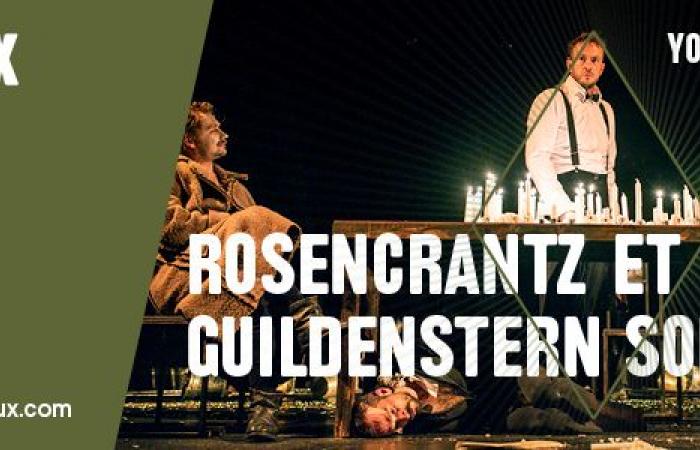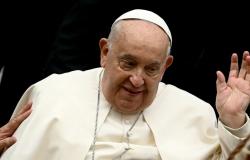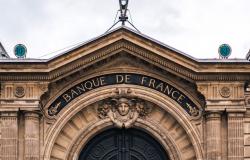Photo Benjamin Barda
Monday, November 25, during his last general meeting, Nicolas Dubourg, who is seeking a new position at the head of a place, announced to his members of the national office that he was leaving the presidency of the Syndeac (Union of Artistic and Cultural Enterprises). Strengthened by its passage, the union is now entering a delicate and decisive phase for its future.
It is no longer the professional chamber of the beginning which only brought together the management of the National Drama Centers (CDN). The Syndeac, created in 1971, now has more than 500 members, combining venues, festivals and companies. With this weight, it seeks to play a role in the definition of cultural policies, as well as to really act on the practices of the performing arts sector. “ We are present in the National Assembly, in the Senate. We produce notes, legal advice and we begin to be a training space. We want to become a sort of university by welcoming thinkers and researchers who allow us to fuel our debates and our decisions. », Explains Nicolas Dubourg, its resigning president. Having gained more than 150 members, engaged the union in political news – for example on its opposition to the Culture Pass – and placed the idea of a “public service of arts and culture” at the heart of the debate – “ five years ago, the term did not exist », he assures –, Nicolas Dubourg leaves with the feeling of a duty accomplished, but also aware of the difficulties which await the Syndeac.
Many projects remain in progress. In live performance, gender equality is progressing, but a certain glass ceiling seems to have been reached. The Syndeac therefore requests that subsidies and agreements now be linked to parity of funding, both on the side of the places and that of the grantors – the DRAC, for example. On diversity, the union launched training courses modeled on those it had initiated on VHSS (Sexist and Sexual Violence and Harassment), as well as a study using the names of management team members to quantitatively draw up – ethnic statistics being banned in France – a first inventory. Finally, great audacity in its mandate: the desire to rethink the modes of production and distribution of live shows, from an ecological perspective breaking with the usual productivism, resulted, on the Ministry of Culture side, in the plan “Better produce, better broadcast” with which the Syndeac is not at all satisfied, especially since it could have been attacked for having supposedly inspired it. “We may have been criticized for it, but it was courageous to put the issue up for debate. Did a liberal government like Macron's need these arguments to destroy us? Certainly not. We did not give them weapons. They didn't need that. And their plan of 10 million euros to refinance structures which required 100 is in complete dissonance with our objective, in its scale, in its method and in its vagueness”says Nicolas Dubourg.
Do not make public money available to those who seek profit
Through a final editorial which rehabilitates the tax, and draws a line according to which public money should not return to companies aiming to make a profit, Nicolas Dubourg is still seeking “ to densify » this concept of “public service of arts and culture” which he placed at the center of his action. An ideological positioning that goes beyond the simple cultural sector. “ Why couldn't the public theater invest in housing cooperatives? In railway SCOPs (Cooperative Production Companies)? Take a real part in the social and solidarity economy rather than constantly privatizing its services, and making public money available to those who seek profit? “. The member of the Ecologists – EELV (Europe Ecology Les Verts) is teeming with concrete ideas to such an extent that we wonder why he is leaving his post.
A professional opportunity, a little wear and tear, the still director of the Théâtre la Vignette in Montpellier especially emphasizes how much the position – voluntary – requires energy. Governed by statutes designed for yesterday, if it wants to continue to grow, the union will have to rethink its functioning for tomorrow, he believes. “ We are clearly in a growing pains”. After five years where he invested ” at 200% », Nicolas Dubourg hopes that his successor can do the same, which is difficult to reconcile with an activity maintained elsewhere. On December 9, the national office will therefore elect a new president, who will remain in place until the complete renewal of the bodies, in a year. “ A year of transition during which we will undoubtedly have to rethink our statutes. A crucial year if we want to continue on the path we have started », warns Nicolas Dubourg.
Eric Demey – www.sceneweb.fr








